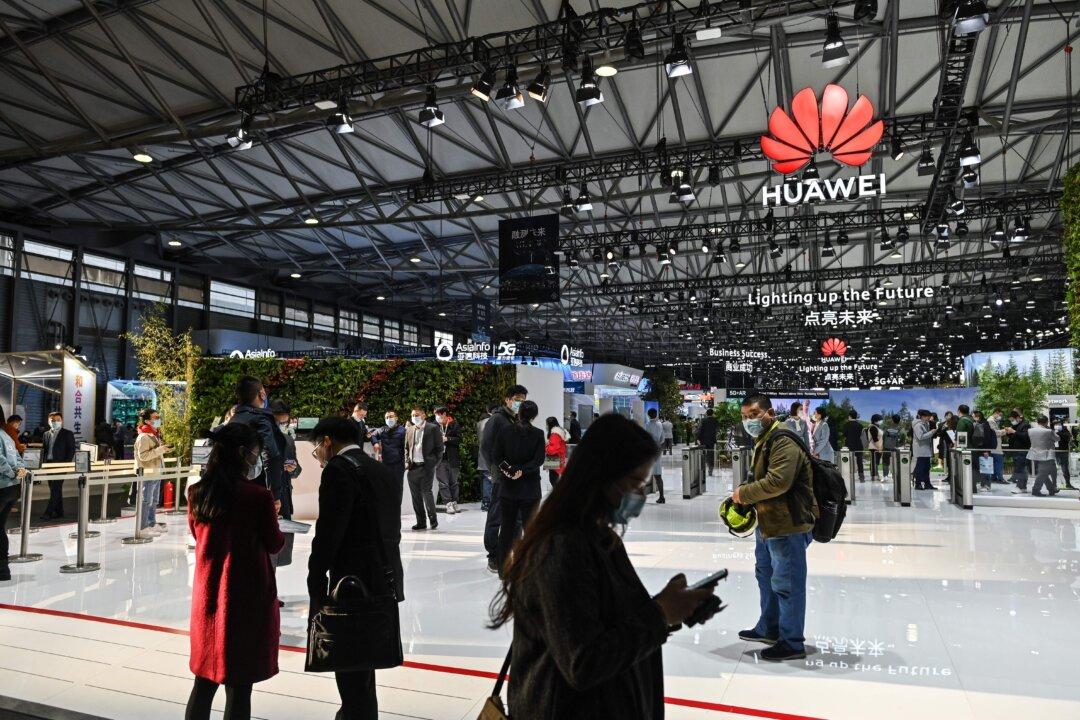Chinese tech giant Huawei has conceded that U.S. sanctions have hurt its smartphone business after posting revenue declines in overseas markets on March 31.
Huawei was put on an export blacklist by then-U.S. President Donald Trump in 2019 and later barred from accessing critical technology of U.S. origin, affecting its ability to design its own chips and source components from outside vendors.





